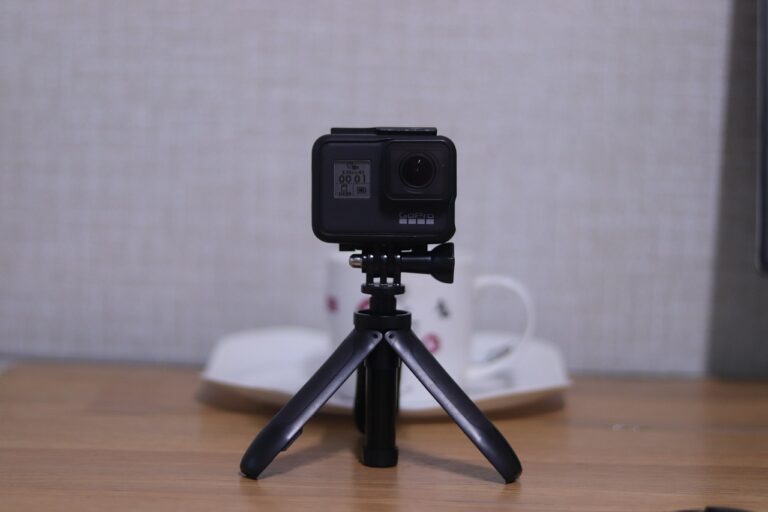The Rise of Influencer Marketing in the Entertainment Industry
Traditional marketing strategies have undergone a significant transformation in recent years. With the rise of digital platforms, businesses have shifted their focus towards online advertising, social media campaigns, and influencer partnerships. This shift has allowed companies to reach a wider and more targeted audience, leveraging the power of data analytics and personalized marketing techniques to drive engagement and conversion rates.
Moreover, the evolution of traditional marketing strategies has seen a move towards more interactive and engaging content. From immersive storytelling to interactive videos and augmented reality experiences, brands are finding innovative ways to capture and retain consumer attention in a crowded digital landscape. By embracing these new approaches, businesses are able to create more memorable and impactful campaigns that resonate with their target audience, ultimately leading to increased brand loyalty and customer satisfaction.
• Traditional marketing strategies have shifted towards online advertising and social media campaigns
• Businesses are leveraging data analytics and personalized marketing techniques to drive engagement
• Interactive and engaging content like immersive storytelling and augmented reality experiences are becoming more common
• Brands are finding innovative ways to capture consumer attention in a crowded digital landscape
• Embracing new approaches leads to increased brand loyalty and customer satisfaction
Impact of Social Media on Influencer Marketing
In today’s digital age, the rise of social media platforms has significantly transformed the landscape of influencer marketing. Social media influencers leverage their online presence and engaged following to promote products and services, becoming powerful brand advocates. Their authenticity and direct connection with audiences provide a more personal touch to marketing campaigns, making them a valuable asset for brands looking to reach their target consumers effectively. The seamless integration of sponsored content within influencers’ feeds blurs the lines between organic and promotional posts, creating a sense of trust and credibility among their followers.
Furthermore, social media has democratized the influencer marketing space, allowing individuals from diverse backgrounds to gain recognition and build a loyal fanbase. This shift has opened up opportunities for micro-influencers, who have a smaller but highly engaged audience, to collaborate with brands and create authentic content. These partnerships often result in higher engagement rates and a more targeted approach to reaching specific niches within the market. As social media continues to evolve, influencer marketing will remain a dynamic tool for brands to connect with consumers in a more personalized and impactful way.
Key Players in the Entertainment Industry’s Influencer Marketing
In the world of entertainment, influencer marketing has become a key strategy for reaching and engaging audiences. With the rise of social media platforms, celebrities and entertainment personalities have leveraged their online presence to promote brands and products, making them key players in the influencer marketing landscape.
From actors and musicians to professional athletes and reality TV stars, the entertainment industry boasts a diverse range of influential figures who have successfully tapped into the power of influencer marketing. By partnering with these well-known personalities, brands gain access to their loyal fan bases, resulting in increased brand awareness and consumer engagement.
What are some examples of key players in the entertainment industry utilizing influencer marketing?
Some key players in the entertainment industry leveraging influencer marketing include major film studios, music labels, streaming platforms, and celebrity influencers.
How has social media impacted influencer marketing in the entertainment industry?
Social media has revolutionized influencer marketing in the entertainment industry by providing a direct and widespread platform for influencers to reach large audiences and promote content.
How has influencer marketing evolved from traditional marketing strategies in the entertainment industry?
Influencer marketing in the entertainment industry has shifted away from traditional methods like print ads and celebrity endorsements towards more authentic and engaging collaborations with social media influencers.
What benefits can the entertainment industry derive from incorporating influencer marketing into their strategies?
By incorporating influencer marketing, the entertainment industry can increase brand awareness, reach new audiences, drive engagement, and create more personalized connections with fans and consumers.







